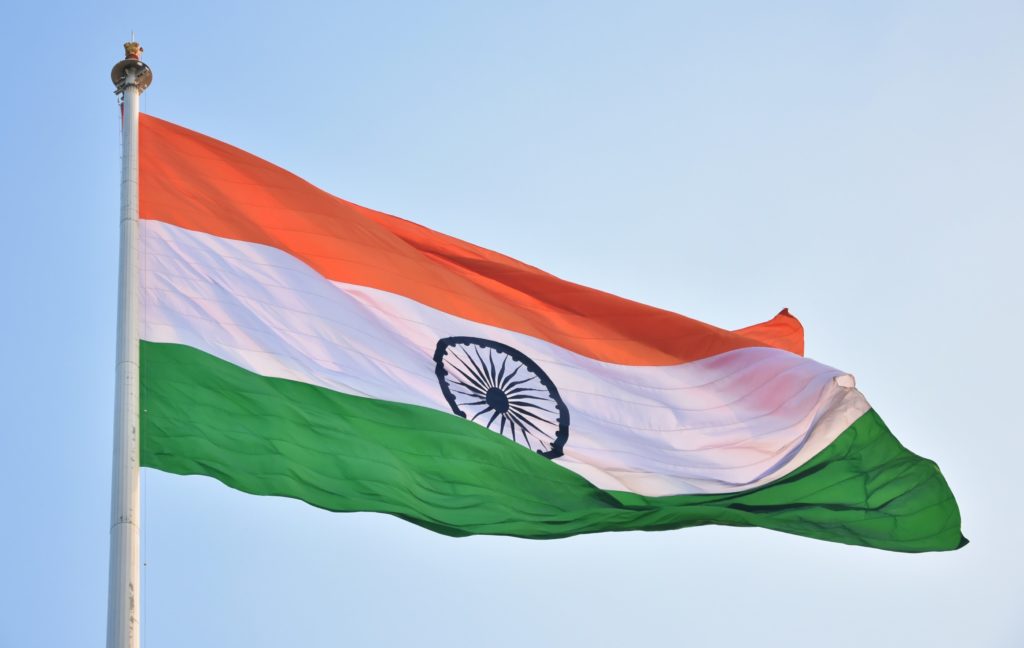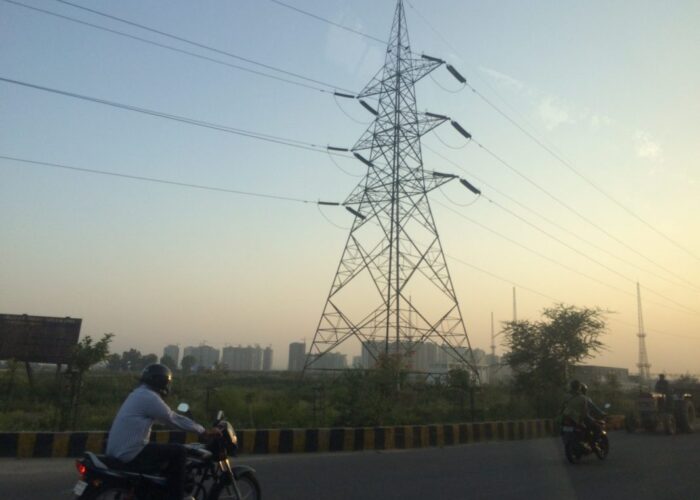
A high court in the Indian state of Andhra Pradesh has ruled that state distribution companies (Discoms) must honour the power purchase agreements (PPA) they signed with electricity producers and settle any debts within six weeks in a move with potentially huge significance for the country’s solar sector.
India’s cash-strapped Discoms have long sought to renegotiate signed contracts and are “perennially in financial trouble”, so this week’s (16 March) ruling is potentially huge for both them and independent power producers (IPPs) in India.
Try Premium for just $1
- Full premium access for the first month at only $1
- Converts to an annual rate after 30 days unless cancelled
- Cancel anytime during the trial period
Premium Benefits
- Expert industry analysis and interviews
- Digital access to PV Tech Power journal
- Exclusive event discounts
Or get the full Premium subscription right away
Or continue reading this article for free
PV Tech Premium spoke with analysts in India and abroad about the ruling and what it means for the country’s solar sector.
The ruling
A high court bench of one judge ruled that Discoms must pay power generators the full amount they are owed “in accordance with the PPAs”, along with “a late payment surcharge levied as per the terms of the PPAs”, according to a court filing on the proceedings.
While the high court had previously ruled that Discoms in the state could make the payments at an interim tariff rate of INR2.43 (US$0.032)-2.44 per unit – instead of the agreed PPA tariff rate of INR5.99/kWh (US$0.079) for the first year – the judge told Discoms to “abide by the terms of the PPAs executed with the [power generators] and make timely payments therein.”
Andhra Pradesh’s Discoms now must pay back the full PPA tariff rate within six weeks, with an estimated cost of around US$1.4 billion, inclusive of dues arising from the difference between the PPA rate and the interim rate over the last three years.
Girishkumar Kadam, senior vice president of the ICRA rating agency, said the ruling was a “significant positive development for the renewable energy sector and will thus provide major liquidity relief for the affected IPPs in the state.”
“The pending resolution of PPA tariff renegotiation has been a key concern for the renewable energy sector and in turn affected the credit profile of wind and solar IPPs in Andhra Pradesh,” said Kadam.
A ROTH Capital note said both Azure Power and ReNew Power stood to benefit financially from the ruling. ReNew had previously indicated that it was looking to recover almost US$200 million from Andhra Pradesh, while Azure was chasing around US$24 million of receivables and long-term payments.
“The high court order is a relief for the industry, particularly as it reinforces the basic tenet of contract enforcement,” said Vinay Rustagi, managing director of research firm Bridge to India (BOI).
Rustagi added the ruling lays down a “definitive marker” for other states trying to renegotiate PPA contracts.
What it means going forward
While the order will be welcomed by India’s solar sector, and ReNew and Azure in particular, it “doesn’t deal with the bigger problem of terrible Discom finances, the root cause for states seeking to renegotiate PPAs and delaying payments,” said Rustagi.
Problems with Discoms’ finances are no secret and even the court filing referenced the “financial crisis” of the state’s utilities.
“Having run up dues over three years, it is not clear how the Andhra Pradesh Discoms will suddenly find money to pay in six weeks,” said Rustagi. “For the long-term health of the power sector, it is imperative that the central government works together with states to find a permanent cure to Discom payment issue.”
Raj Prabhu, co-founder and CEO of Mercom Capital, agreed that Discoms were “perennially in financial trouble” but said their search for the cheapest power available may present some significant issues for the solar industry moving forward.
India will introduce a basic customs duty (BCD) on solar modules and cells from 1 April this year. This is expected to push up both cell and modules prices in the short-term, with trade bodies calling on the MNRE to grandfather certain projects or risk up to 10GW of solar deployment.
“If the PPA prices go up after BCD comes into effect, the fear is [Discoms] will not pay more for the same solar power,” said Prabhu. “Instead, the fear is that they may delay solar procurement until the prices come back to the lower levels they are used to, which will not be a good thing for the industry.”
On top of this, the ruling sets a precedent for other states. Rustagi said the issue of poor Discom finances and the renegotiating of contracts was not endemic to Andhra Pradesh. “There are at least four or five other states which have been delaying payments to power producers for more than a year,” he said.
These states – Telangana, Tamil Nadu, Maharashtra, Rajasthan and Karnataka – will be watching this week’s proceedings in Andhra Pradesh carefully.
Although the dispute in Andhra Pradesh has been dragging on for the best part of three years, the ruling could have significant repercussions for other Indian states seeking to renegotiate contracts with power producers if other their judicial systems accept it as a precedent.






